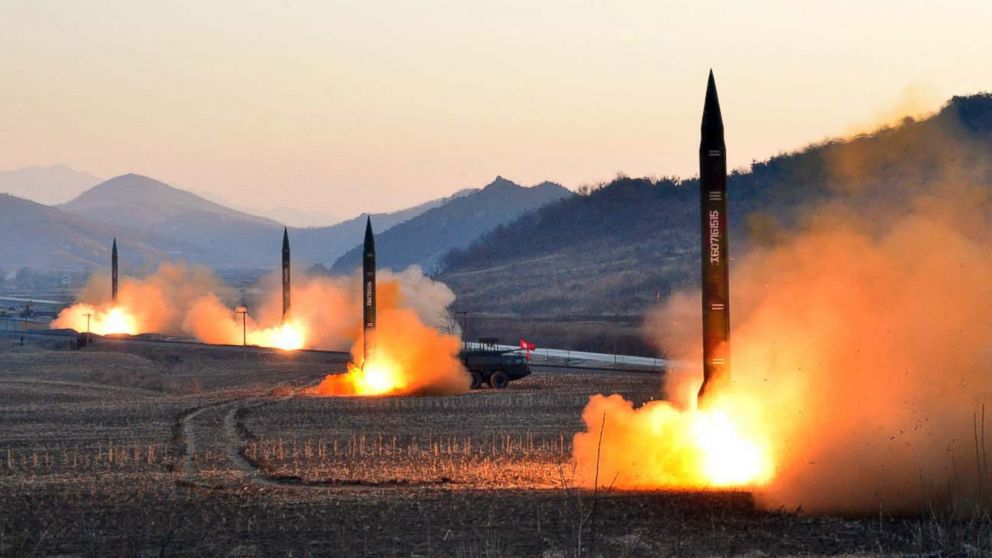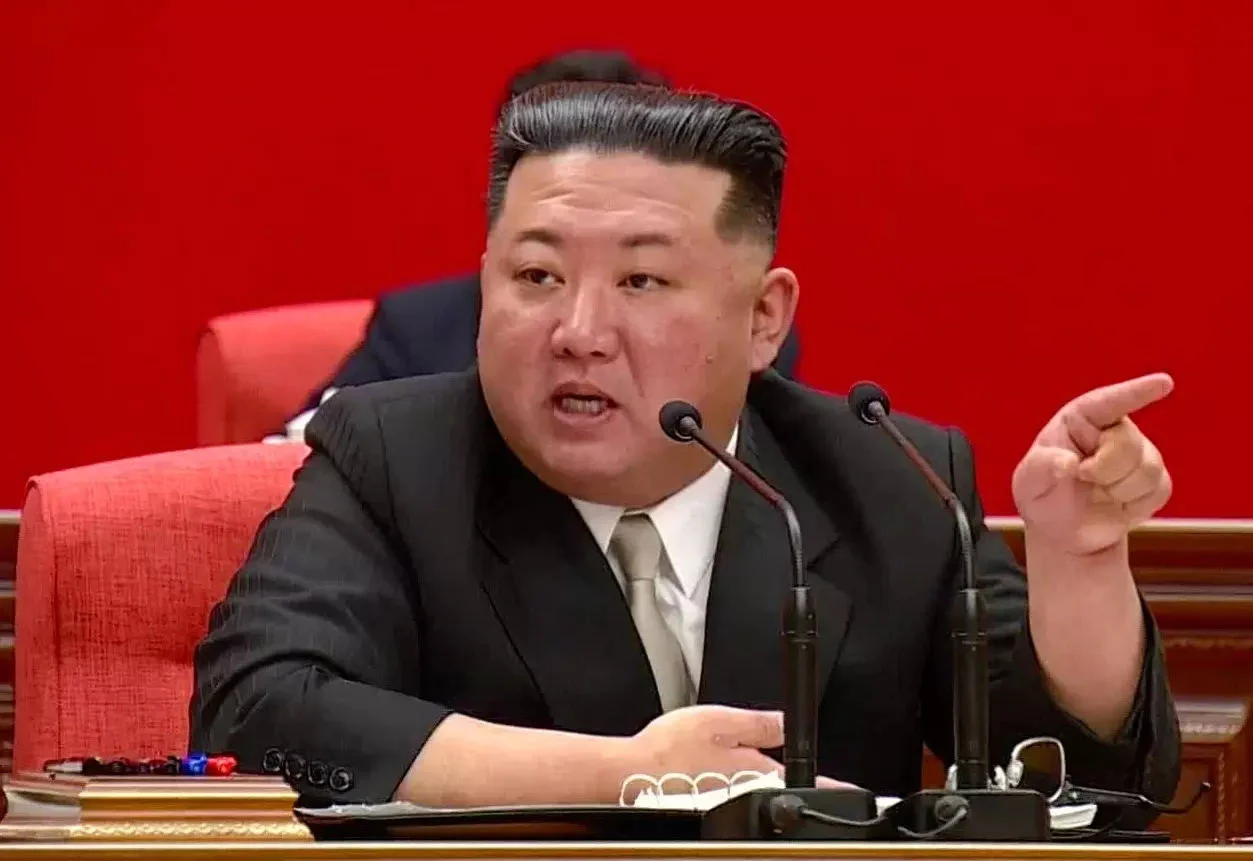North Korea has informed Japanese officials of its plans to launch another satellite, following a failed attempt last month. The disclosure was reported by the Japanese media outlet Kyodo, which stated that North Korea communicated its intention to the Japanese Coast Guard, specifying a launch window between August 24 and 31.
North Korea’s earlier bid to launch its first military reconnaissance satellite in May ended in failure, as the rocket’s thrusters lost power shortly after liftoff, causing it to plunge into the sea. This endeavor was believed to be an attempt by the country, led by Kim Jong-un, to counteract the escalating presence of the US military in the region.

The timing of North Korea’s announcement coincided with the commencement of US-South Korea military drills, which prompted criticism from North Korea’s state news agency KCNA. The agency condemned the “aggressive character” of these joint exercises and issued a warning that any “nuclear provocation” during the drills could escalate the possibility of a “thermonuclear war on the Korean peninsula.”
The international community, including the United States, South Korea, and Japan, had previously denounced North Korea’s satellite launch attempt in May as a breach of United Nations resolutions that prohibit the use of ballistic missile technology by the nuclear-armed nation.
Experts have observed a notable technological convergence between the advancement of intercontinental ballistic missiles (ICBMs) and the capabilities required for space launches. Kim Jong-un’s prioritization of the development of a military spy satellite underscores the strategic importance he places on this initiative.
South Korea’s intelligence agency recently conveyed to lawmakers that North Korea might launch a reconnaissance satellite in late August or early September, just before the 75th anniversary of the regime’s establishment on September 9.
The aftermath of North Korea’s unsuccessful satellite launch in May necessitated an intricate and extended salvage operation by South Korea, involving naval rescue vessels, mine sweepers, and deep-sea divers. Expert analysis of the retrieved components from the rocket and satellite, conducted by both South Korean and US experts, led to the conclusion that the satellite held no military significance.




